Plowing before the last hard freeze
8 years ago
Featured Answer
Sort by:Oldest
Comments (10)
- 8 years ago
- 8 years agolast modified: 8 years ago
Related Discussions
Is plowing soil before planting better than roto tilling?
Comments (1)It has been said that tillers will compact the soil over time, the lower layers become "deadpan" is what I recall about it. The soil forum may have more specific info you're looking for....See MoreHard Frost/freeze
Comments (6)Thanks. I am not really that concerned about whether the onions and cabbage live through this cold snap. Let's face it, the warm fall we've had so far has been amazing but not likely to continue forever. Rather I am more concerned about whether being out in 18-20F temps for a night or two will harm the storage/eating qualities of these plants. Hate to have to process all the onions because they froze instead of letting them sit in cold storage for the winter....See MoreHard freeze this morning -
Comments (8)Castaway_Kitty, I can identify with missing cold christmas and all the memories. I come from Scandinavia where christmas was a wonderland, moved to the US and lived in VA. No snow or cold weather, but plenty of christmas spirit. Went to Hawaii one year and there were lights in the palm trees. We live in CA now, and christmas is celebrated with lights all over the place. BTW, I still miss the old fashioned christmas. We got hold of a branch of a birch tree and we are making an old fashioned birch log, with living candles....See MoreHard Freeze anyone?
Comments (3)Had a hard freeze just before Halloween, that's a little late here. 18 F today and 5 inches of snow yesterday. We got off easy with the snow, 30 miles north they got over 12". Actually November was quite mild till yesterday. It averaged 10 degrees above normal. Sherry...See More- 8 years ago
- 8 years agolast modified: 8 years ago
- 8 years ago
- 8 years ago
- 8 years ago
- 8 years ago
- 8 years ago
Related Stories

HOUSEKEEPINGOutdoor Home Prep to Do Before Hard Winter Hits
Avoid cracking, rusting and rotting during freezes by taking care of these tasks now
Full Story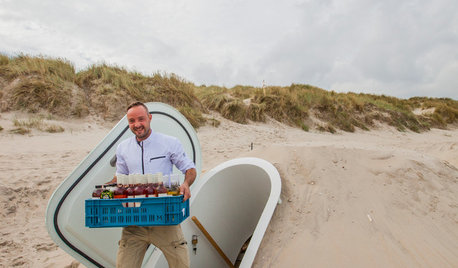
GREEN BUILDINGThe Big Freeze: Inventors Break New Ground to Keep Things Cool
Old-fashioned fridges can be energy guzzlers, but there are more eco-friendly ways of keeping food fresh, as these global innovations show
Full Story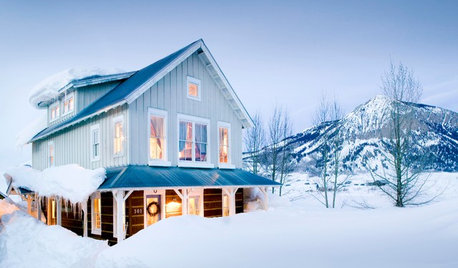
LIFEHard Winter? 9 Ways to Battle Cabin Fever
We know a lot of you are trapped where it just won’t stop snowing. Here are some ways to survive
Full Story
MATERIALSRaw Materials Revealed: Brick, Block and Stone Help Homes Last
Learn about durable masonry essentials for houses and landscapes, and why some weighty-looking pieces are lighter than they look
Full Story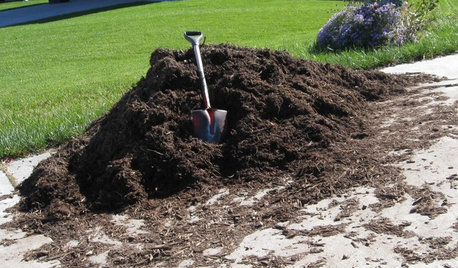
FRONT YARD IDEASBefore and After: Front Lawn to Prairie Garden
How they did it: Homeowners create a plan, stick to it and keep the neighbors (and wildlife) in mind
Full Story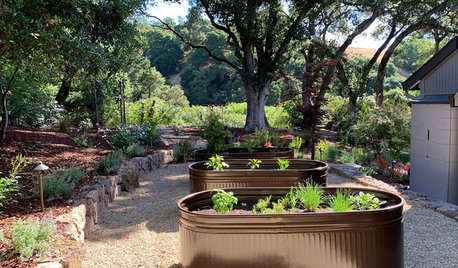
FARM YOUR YARD6 Things to Know Before You Start Growing Your Own Food
It takes time and practice, but growing edibles in the suburbs or city is possible with smart prep and patience
Full Story
REMODELING GUIDES10 Things to Do Before the Renovation Begins
Prep and plan with this insight in hand to make your home remodeling project run more smoothly
Full Story
BATHROOM DESIGN10 Things to Consider Before Remodeling Your Bathroom
A designer shares her tips for your bathroom renovation
Full Story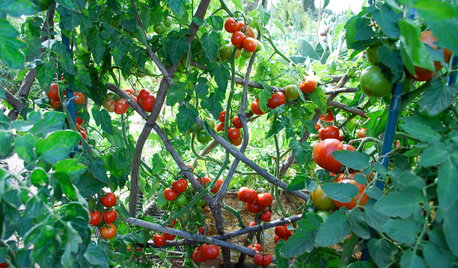
GARDENING GUIDESTexas Gardener's March Checklist
So long, freezing temperatures. It's time to kick off spring planting, lavish attention on lawns and sprinkle seeds to your heart's content
Full Story0

LANDSCAPE DESIGNCelebrate a Sunny Climate With the Right Leafy Palm for Your Site
So you get freezes or floods. So your garden is small. These palms send excuses riding off into the tropical sunset
Full Story


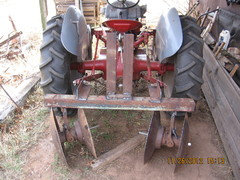
authereray